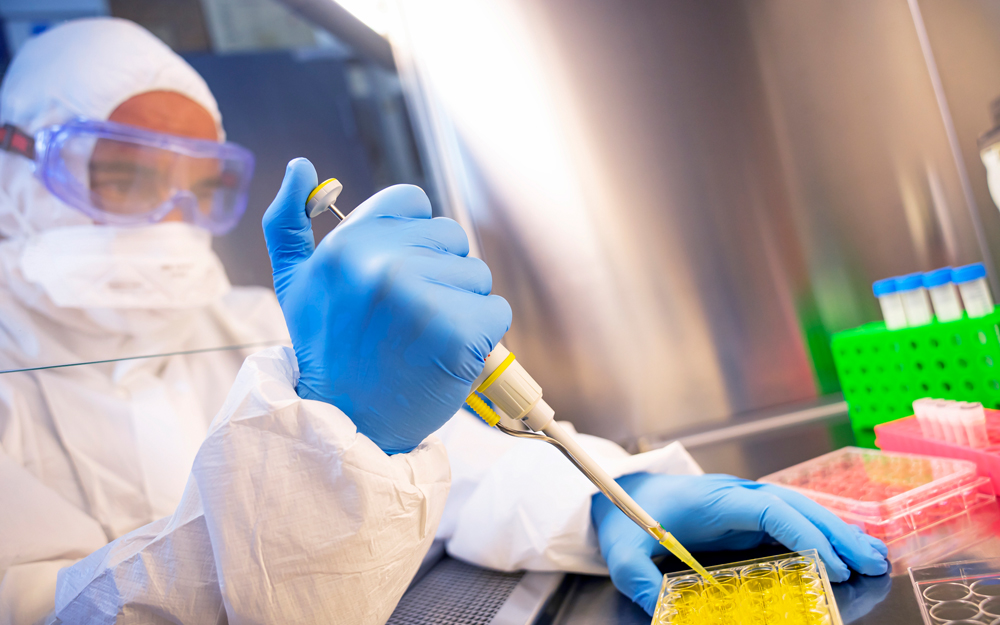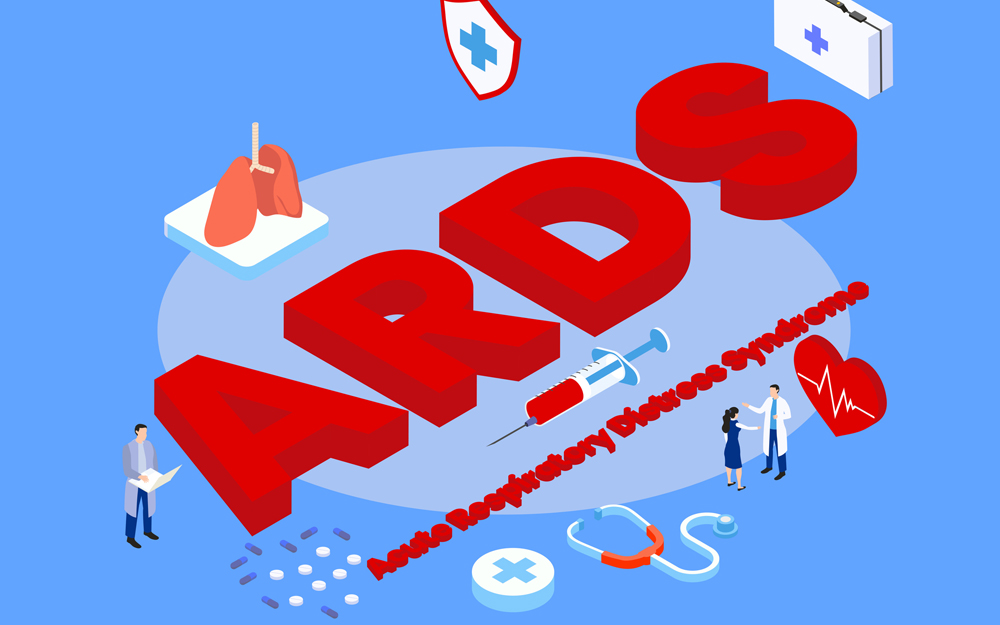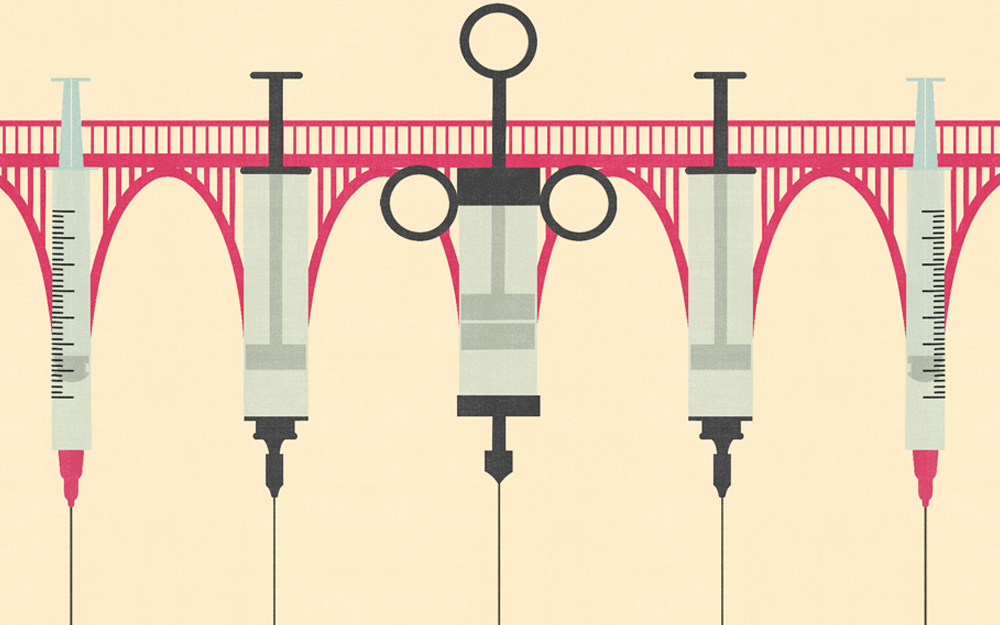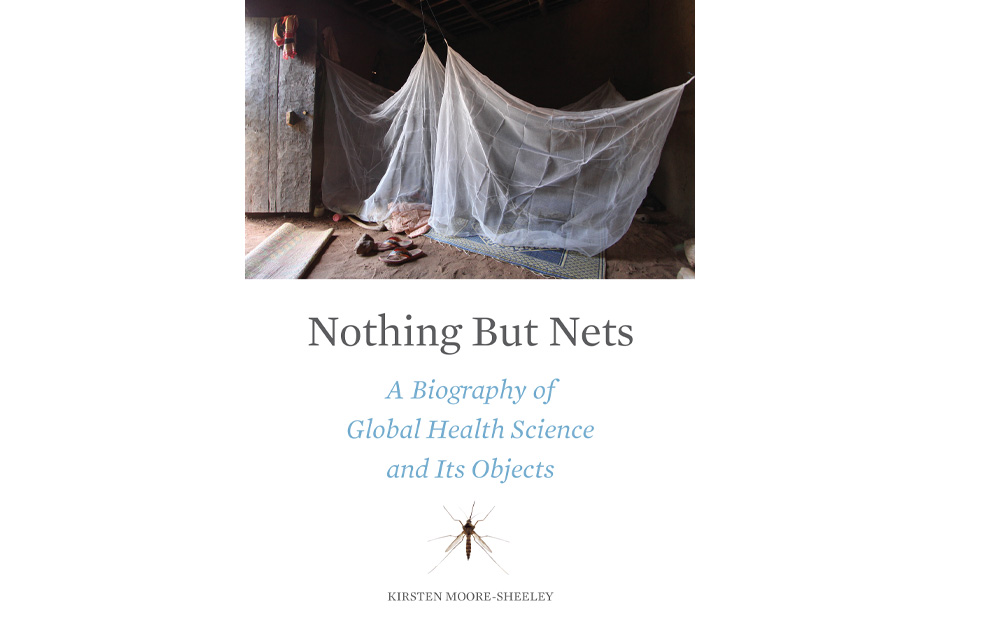Community Exposure
Date
August 2, 2021
Credits
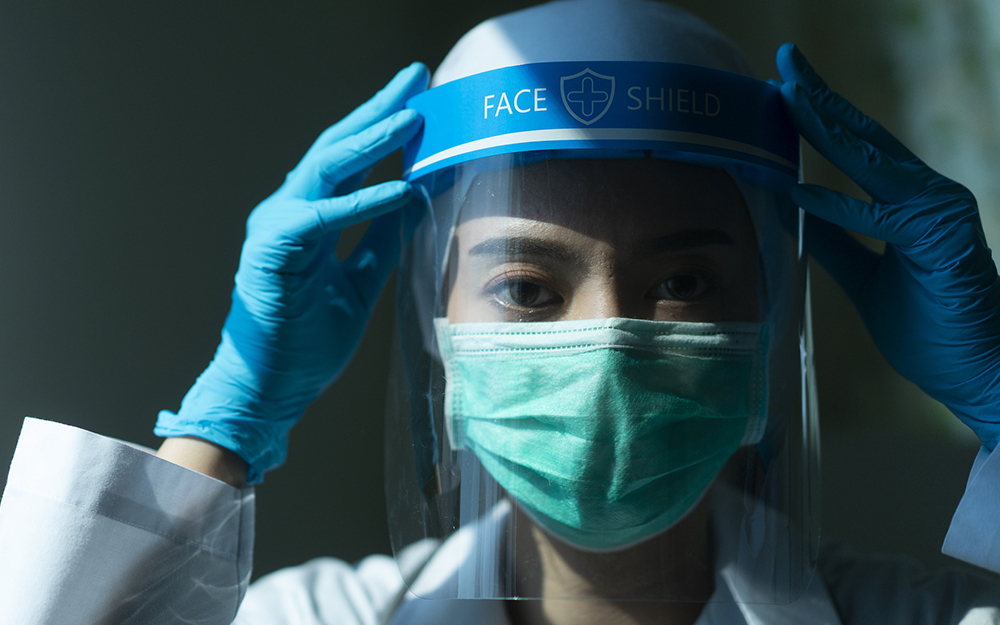
Date
August 2, 2021
Credits
Medical providers featured in this article
In Brief
{{cta-block}}
Healthcare workers might not be so different from the general population when it comes to the factors that determine the risk of getting COVID-19, according to a study led by Cedars-Sinai. The research found that Black and Latino clinicians, as well as those with high blood pressure, were more likely than their counterparts to have the antibodies that indicate exposure to the coronavirus.
"The vast majority of the Los Angeles County region and beyond has remained vulnerable to infection, and therefore vaccination and continued vigilance are critical."
Blood tests and surveys of more than 6,000 Cedars-Sinai employees during the pandemic’s first wave found coronavirus antibodies in approximately 4% of them. Results further suggest that, even for healthcare workers, community rather than the workplace is the most common source of coronavirus exposure.
“The vast majority of the Los Angeles County region and beyond has remained vulnerable to infection, and therefore vaccination and continued vigilance are critical,” says Susan Cheng, MD, MPH, MMSc, director of Public Health Research at the Smidt Heart Institute, and the Erika J. Glazer Chair in Women’s Cardiovascular Health and Population Science.
Of particular concern were the study’s findings on race and ethnicity. Regardless of whether they had been diagnosed with COVID-19, blood tests showed that healthcare workers were significantly more likely to have antibodies to the virus if they were Black or Latino.
The research was part of the Coronavirus Risk Associations and Longitudinal Evaluation (CORALE), for which Cheng serves as principal investigator.
